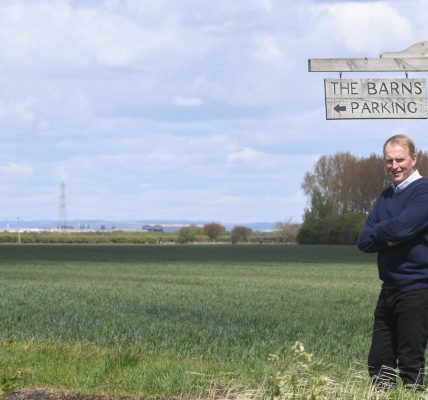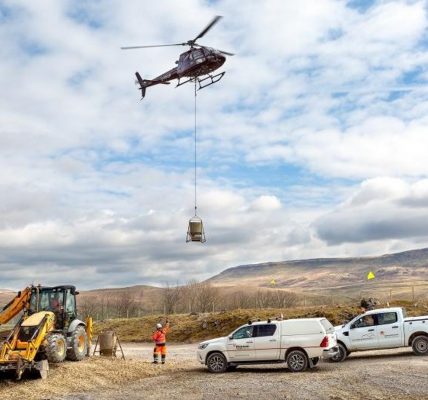Image of farming needs to change to prevent 'disastrous' labour shortage, says report
Image of farming needs to change to prevent 'disastrous' labour shortage, says report
There is an urgent need to change the image of farming in order to prevent disastrous labour shortages, a report warns.
The poor image of farming as a career – associations with low pay, long hours, poor work-life balance, bad conditions, lack of progression, heavy physical labour and unskilled work – needs to be reformed, experts have said.
Researchers looked at labour issues existing for both seasonal and more permanent roles.
The report suggests potential new entrants for permanent jobs in the industry might include career changers, military service leavers, ex-offenders and people from disadvantaged backgrounds.
Key members of the industry interviewed for the report described potential labour shortages as “disastrous”, leading to greater imports of fresh food and farms going out of business or relocating abroad.
Worker rights in those countries might be less stringent than those in the UK, putting more people at risk of exploitation.
Brexit, the coronavirus pandemic, fluctuations in the value of the pound, the improvement of the economies of countries in Eastern Europe and new immigration laws are likely to exacerbate labour shortfalls in the coming years, the report warns.
The study, by Dr Caroline Nye and Professor Matt Lobley from the University of Exeter, said farms will need to become more competitive and attractive as places to work and the industry itself needs to improve its self-promotion.
There is a need for employers to open up opportunities to people who are enthusiastic but might need extra training or time to develop new skills.
The report says the Migration Advisory Committee needs to revisit the definition of agricultural labourers to ensure that the farming industry is not disadvantaged by new immigration policies.
Dr Nye and Prof Lobley reviewed existing literature on farm labour shortages and alternative labour sources in agriculture.
They also carried out interviews with 21 people from the farming industry, including farmers, labour experts and initiative operators.
Dr Nye said: “Farming is an ‘invisible career’ to anybody who isn’t from a farming background, and this needs to change.
“Potential career opportunities in agriculture go far beyond simply picking fruit, and often involve working with complex technology and machinery, with some farm managers earning over £90,000 a year.
“It should not be assumed the rise in unemployment resulting from the Covid-19 pandemic will automatically create interest in seasonal worker roles.
“The squeezing of price margins by supermarkets and a consumer base accustomed to cheap prices currently prevent worker pay from going above a certain level.
“The combination of low pay and physically challenging and repetitive work is not an attractive option, nor are the conditions currently associated with the work.
“Farms will need to become more competitive, flexible and attractive places to work in order to drive recruitment. This applies to both domestic and migrant workers.”
Prof Lobley said: “There is no one-size-fits-all solution to the farm labour crisis in the UK.
“Automation, migrant workers and domestic labour will all be required to contribute to the country’s food production.
“Young people, career changers, ex-offenders and service leavers can each form part of the wider solution, but no cohort in itself is capable of filling the gaps.”
Several people interviewed for the report expressed frustration at the fact that farm work was not on the Government’s shortage occupation list.
The report was commissioned by the Worshipful Company of Farmers (WCF).










